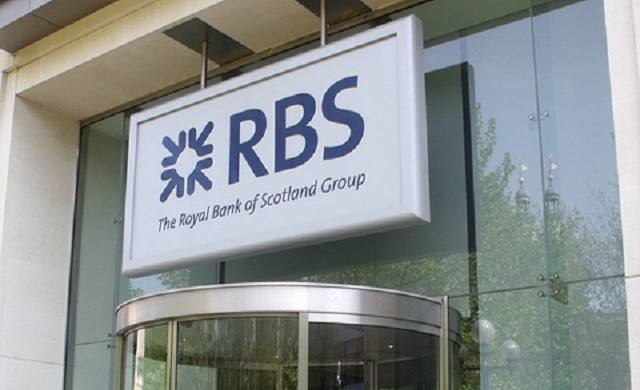British taxpayer-backed Royal Bank of Scotland (LSE:RBS) unveiled its plan to float its insurance business in compliance with its commitment to the European Commission after the bank was rescued for a £45 billion bailout in 2008, the bank said earlier today.

Direct Line Group, Britain’s largest motor, personal, home, and commercial insurance business, is to be partly-owned by the public as RBS will divest at least 25% of its shareholdings in an initial public offering that may be one of the biggest of any UK company in a year.
Analysts say the IPO could value the company at £3 billion as the bank, a hesitant seller of the business, hopes to capture investor appetite as well as public interest.
“We believe it has a strong future as a standalone insurance group continuing to serve its customers well while delivering attractive returns to investors,” RBS Chief Finance Director, Bruce Van Saun, said in a statement.
RBS plans to divest a controlling interest of Direct Line by 2013 and a full divestment by 2014, which it will comply through progressive IPO of the existing ordinary shares and no new shares will be issued.
Direct Line Closer Look
Prior to the intention of making Direct Line public, RBS split the insurance business’ 1.5 billion issued share capital of £1 to 10 pence ordinary shares and 90 pence of deferred shares, which were cancelled, providing for a capital redemption reserve of £1.35 bilion.
RBS also released some £1 billion as dividend, which were paid back to the parent company, £200 million of which was approved last 3rd September. A £500 million hybrid debt was also sought in April 2012 in prepartion for the IPO.
Direct Line’s net asset value as at 30th June 2012 was over £2.9 billion and the company made £106.5 million in pre-tax profit from January to June 2012, down 43.2% from last year’s £187.5 million following restructuring costs and one-off charges in preparation for the split from RBS.
The insurance group holds market leading position in the personal motor and personal home insurance markets in the UK, with a share of 19% and 18%, respectively, by the end of 2011.
RBS hopes to capitalise on this strong brand recognition to steer the public disposal, which others fear may raise less than what is expected, on account of a cautious market.
The move today follows the withdrawal of Germany’s third largest insurer Talanx AG’s plan to raise capital through a public offering on Wednesday, 12th September, and is seen as a test of market confidence.
On the London Stock Exchange, RBS shares did rise 3.5% to £2.86 with over 10 million shares traded in four hours following the announcement.

 Hot Features
Hot Features













